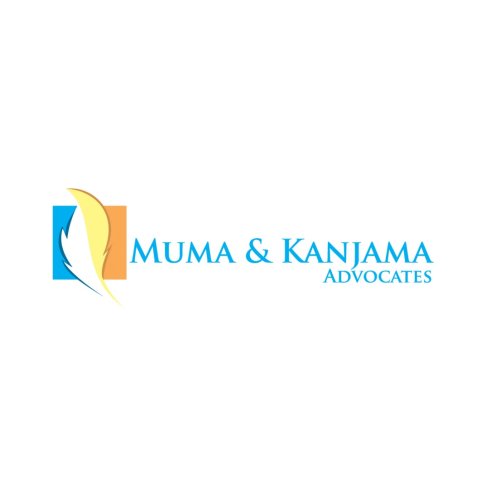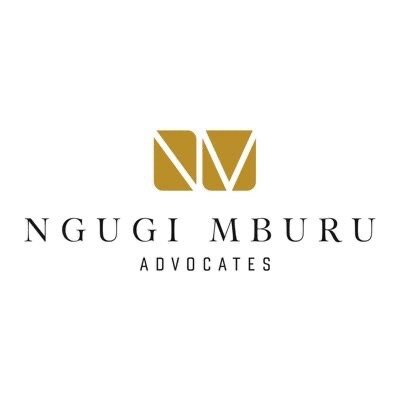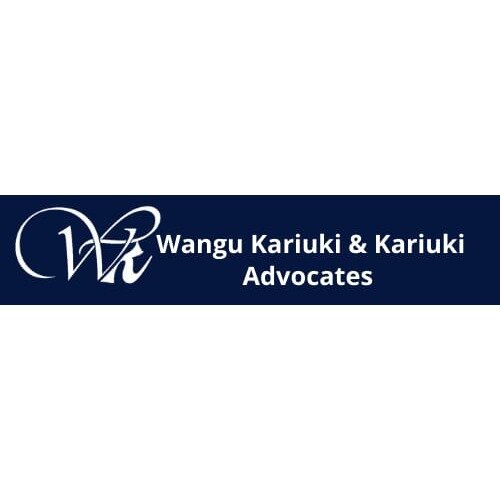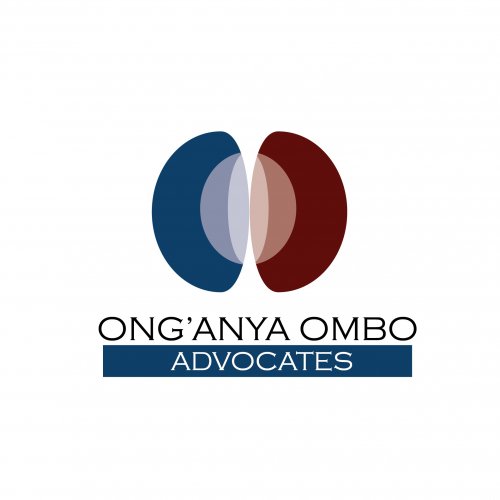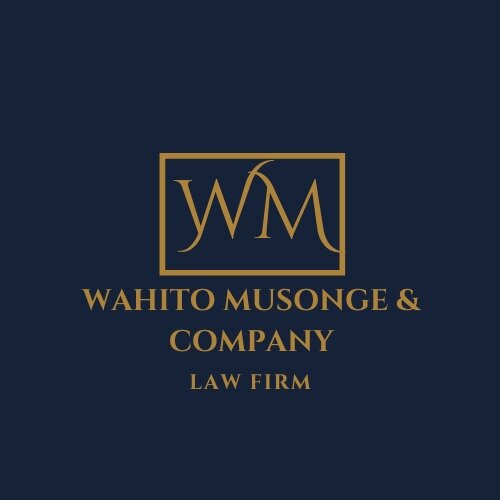About Nonprofit & Charitable Organizations Law in Nairobi, Kenya
Nonprofit and charitable organizations in Nairobi, Kenya, are entities formed for social, educational, religious, or charitable purposes. These organizations play a crucial role in society by addressing various humanitarian needs and enhancing community welfare. In Kenya, nonprofits are governed by specific laws and regulations to ensure accountability, transparency, and alignment with their stated goals. The capital city, Nairobi, serves as the hub for many of these organizations due to its status as the political, economic, and social center of the country.
Why You May Need a Lawyer
There are several situations where seeking legal advice might be crucial for those involved in nonprofit and charitable organizations in Nairobi:
- Establishment & Registration: Navigating the intricacies of legally forming and registering a nonprofit or charitable organization.
- Compliance: Ensuring adherence to regulations set by the Government of Kenya and other regulatory bodies.
- Taxation: Understanding tax obligations and benefits specific to nonprofits.
- Governance: Setting up proper governance structures and resolving any internal disputes.
- Contracts & Agreements: Drafting, reviewing, or negotiating contracts.
- Funding & Grants: Complying with conditions attached to funding, handling donor agreements, and avoiding legal pitfalls.
- Litigation: Representing the organization in legal disputes or investigations.
Local Laws Overview
Nonprofit and charitable organizations in Nairobi must adhere to local laws that include:
- The Non-Governmental Organizations Coordination Act (1990): This is the primary law governing NGOs in Kenya, establishing the legal framework for registration, operations, and governance.
- The Charitable Trusts Act: Governs organizations registered as charitable trusts, focusing on the management and purpose of such bodies.
- Income Tax Act: Outlines tax exemption criteria and obligations for nonprofit organizations.
- The Public Benefit Organizations (PBO) Act (2013): Though not yet fully operational, it outlines the key principles for the establishment and operation of PBOs in Kenya.
Frequently Asked Questions
What are the steps to register a nonprofit organization in Nairobi?
The process involves choosing an appropriate legal form (NGO, Trust, or Society), preparing a constitution or trust deed, and submitting necessary documents to the relevant regulatory authority for approval and registration.
Are nonprofits in Nairobi exempt from paying taxes?
Yes, but they must apply for tax exemption with the Kenya Revenue Authority (KRA) and meet specific criteria outlined in the Income Tax Act.
What is the difference between an NGO and a charitable trust?
An NGO is typically a membership-based organization, while a charitable trust is a legal arrangement where a trustee holds and manages assets for charitable purposes.
Can a nonprofit organization engage in commercial activities?
Yes, as long as these activities support the organization’s mission, and profits are reinvested into the organization’s charitable objectives.
How long does it take to register an NGO in Nairobi?
The registration process can take several months, depending on the complexity of the application and the workload of the NGO Coordination Board.
Can a foreigner start a nonprofit in Nairobi?
Yes, foreigners can establish nonprofit organizations in Nairobi, but they must comply with all local legal requirements, including work permits and appropriate registrations.
Is there a legal requirement for financial disclosure for nonprofits?
Yes, registered nonprofits must submit annual reports and financial statements to the relevant regulatory bodies.
Who regulates nonprofit organizations in Kenya?
The NGO Coordination Board is the primary body responsible for regulating nonprofit organizations in Kenya.
Do nonprofits need a board of directors or trustees?
Yes, to ensure effective governance, nonprofits must have a board of directors or trustees, depending on their legal structure.
What could lead to the deregistration of a nonprofit organization?
Non-compliance with regulatory requirements, mismanagement, or activities that contradict the organization’s objectives can lead to deregistration.
Additional Resources
- NGO Coordination Board: The official body overseeing NGOs in Kenya. They provide guidelines, registration services, and more.
- Kenya Revenue Authority (KRA): For information on tax exemptions and obligations.
- Law Society of Kenya: A resource for finding legal professionals specializing in nonprofit law.
- Charity and Society of Kenya (CSK): Offers membership services and resources for charitable organizations.
- Public Benefit Organizations (PBO) Council: Provides support and advocacy for public benefit organizations.
Next Steps
If you require legal assistance for a nonprofit or charitable organization in Nairobi, consider the following steps:
- Consult with a lawyer who specializes in nonprofit and charitable organization law to discuss your specific needs and concerns.
- Gather all relevant documentation related to your nonprofit, including registration papers, financial records, and operational guidelines.
- Reach out to government bodies or professional networks for guidance and support.
- Stay informed about legal changes that could impact your organization by following updates from relevant regulatory bodies.
- Consider attending workshops or seminars for nonprofits to enhance your understanding of legal and governance issues.
Lawzana helps you find the best lawyers and law firms in Nairobi through a curated and pre-screened list of qualified legal professionals. Our platform offers rankings and detailed profiles of attorneys and law firms, allowing you to compare based on practice areas, including Nonprofit & Charitable Organizations, experience, and client feedback.
Each profile includes a description of the firm's areas of practice, client reviews, team members and partners, year of establishment, spoken languages, office locations, contact information, social media presence, and any published articles or resources. Most firms on our platform speak English and are experienced in both local and international legal matters.
Get a quote from top-rated law firms in Nairobi, Kenya — quickly, securely, and without unnecessary hassle.
Disclaimer:
The information provided on this page is for general informational purposes only and does not constitute legal advice. While we strive to ensure the accuracy and relevance of the content, legal information may change over time, and interpretations of the law can vary. You should always consult with a qualified legal professional for advice specific to your situation.
We disclaim all liability for actions taken or not taken based on the content of this page. If you believe any information is incorrect or outdated, please contact us, and we will review and update it where appropriate.








